Human rights group urges India to end relentless repression in Kashmir
A human rights group has called on the Indian government to end its oppression in Indian occupied Kashmir (IOK) amid a rise in human rights violation in the region.
Amnesty International released a briefing, called, “We are being punished by the law”: Three years since of abrogation of Article 370 in Jammu & Kashmir.
The briefing documents how civil society at large and journalists, lawyers, human rights defenders in particular have faced relentless interrogations, arbitrary travel bans, revolving door detentions and repressive media policies while blocking access to appeals or justice in courts and human rights bodies.
“For three years now, civil society and media in Jammu and Kashmir have been subjected to a vicious crackdown by the Indian government, which is determined to stifle dissent using draconian laws, policies and unlawful practices in their arsenal,” said Aakar Patel, chair of the board of Amnesty International India.
“By harassing and intimidating critical voices, authorities are targeting all credible, independent sources of information in and about Jammu and Kashmir. There is a silence achieved on all dissent through heavy handed repression which has spread fear and uncertainty in the region.”
The briefing also states that the Indian government has total control on information coming out of the region after passing restrictive media policies, as the authorities suspend internet services in parts of Kashmir often without warning, thus creating a monopolistic environment of controlling the media and silencing dissent.
A Kashmiri journalist who has been harassed by the authorities told the organization, “They (security forces) tell you in so many ways – subtle as well as brazen – that the cost of pursuing journalism in Jammu & Kashmir is huge.”
After the Indian government scrapped the Article 370, they initiated an unbelievable 18-month long complete blackout of the internet in the region, a measure that shocked the world and drew concerns from all over the world including the UN over the snatching of the rights of the people in broad daylight.
A lawyer who handles the cases of the illegal arrests of journalists said, “Since 2016, the increased malicious use of anti-terror laws makes it difficult for people to secure bail. [It] provides more flexibility to the police in keeping the person in pre-trial detention for 180 days even though the… charge-sheets filed by the police [reads] nothing less than a fiction book or novel.”
The rights group also noted that the government has been continuously clamping down on media groups causing journalists to either lose or leave their jobs.
To control the media of the valley, the Indian government passed two new laws, the "2020 Revised Media Policy and 2021 Film Policy."
These have been used as attempts to legitimize the censorship of expression and ensured a total control of information coming out of the region by the Indian government, the document said.
Apart from this, early this year the authorities shut the gates of the Kashmir Press Club.
It further read that in 2020, the National Investigation Agency (NIA) conducted multiple raids on the residences and offices of well-known human rights defenders like Khurram Parvez, three of his associates and Parveena Ahanger as well as on other journalists and social workers.
Additionally, it stated that the region accounted for the highest number of deaths through police encounters in India between 2020 to 2022.
“The government has a duty under international law to take measures to protect civilians and to bring to justice those who order, plan and carry out such attacks or killings in a fair trial without resorting to the death penalty,” the briefing stated.
“The Indian authorities must end the long-drawn repression in Jammu and Kashmir immediately,” said Patel.
Ever since the right-winged Narendra Modi government has gained power in India, Kashmir has been bruised the most.
Experts predict that India is rapidly moving from being a secular multicultural nation to a Hindu supremacist state.
Kashmir is counted in the list of one of the most militarized regions in the world.
VIDEO | Press TV's news headlines
VIDEO | Muslims across India begin holy month of Ramadan
Hamas condemns Trump's 'Board of Peace' meeting
Iran and Saudi FMs discuss outcomes of latest indirect Iran-US talks
VIDEO | Maritime anti-terrorism drill
Ex-prince Andrew released after arrest in connection with Epstein files
Iran elected vice-chair of UN Special Committee on Charter
Iran envoy says decision made to exchange ambassadors with Egypt


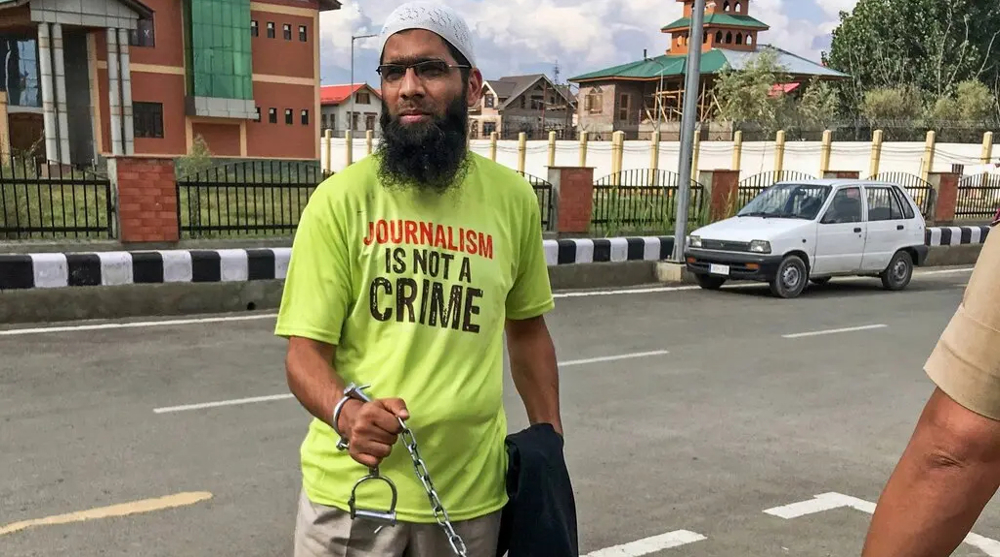
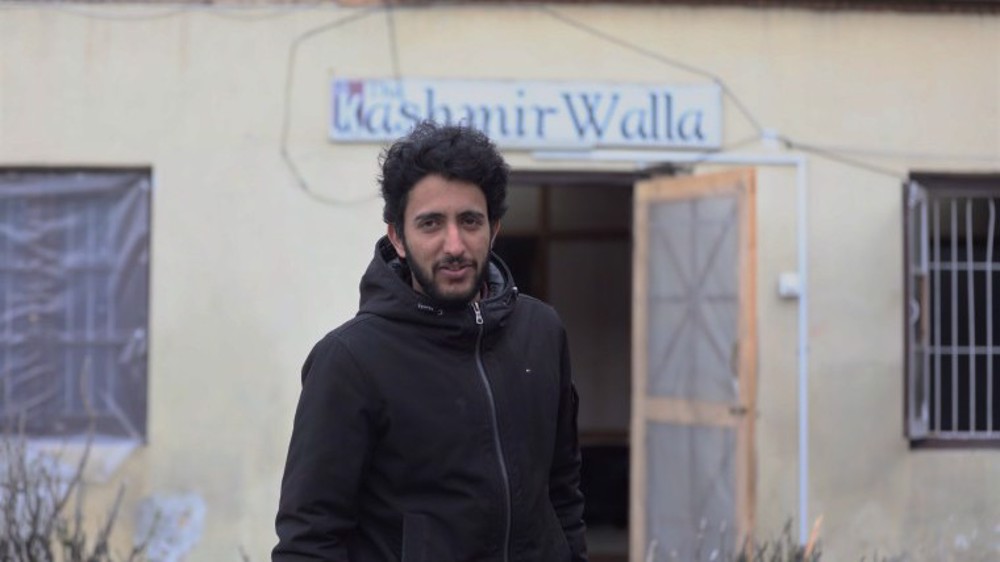
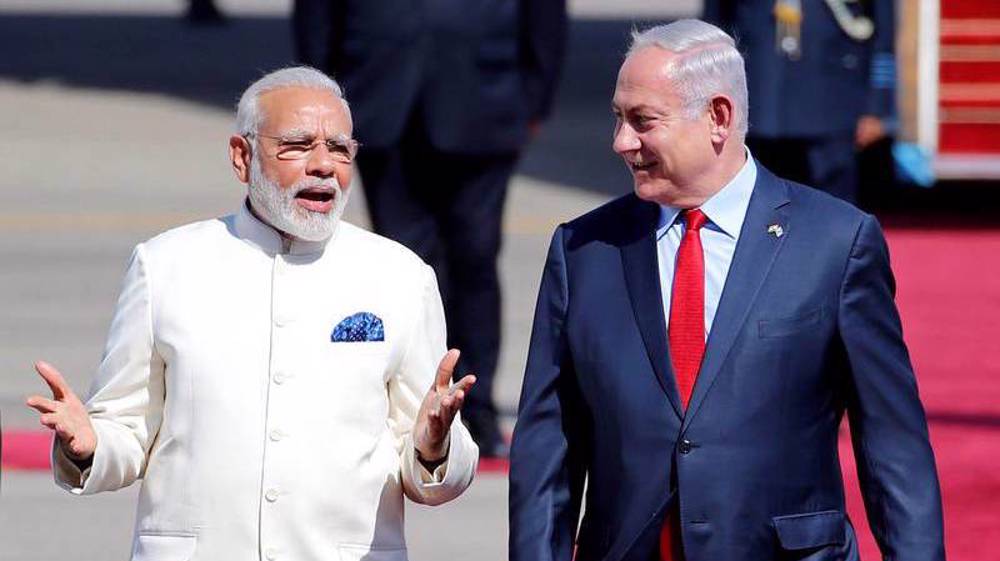
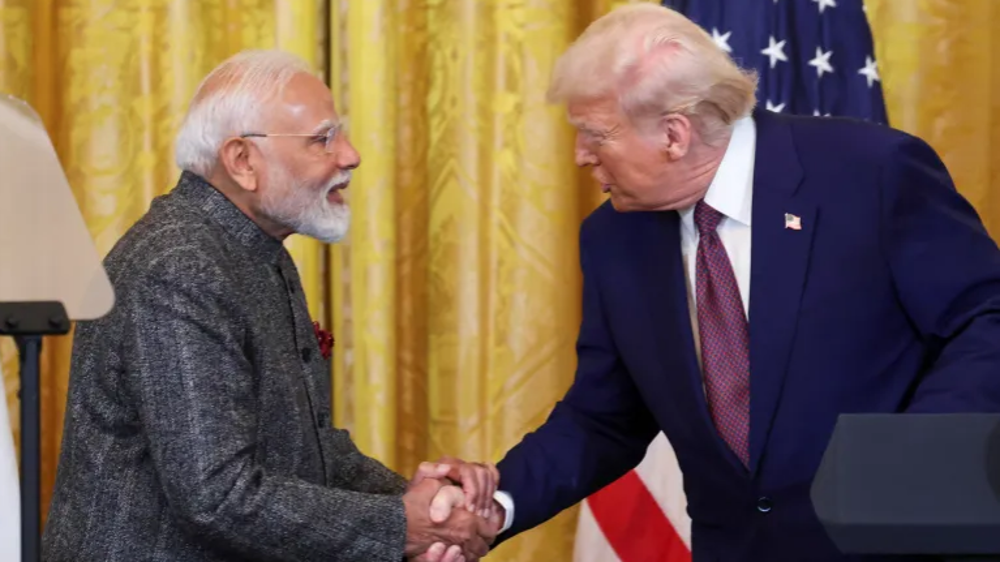
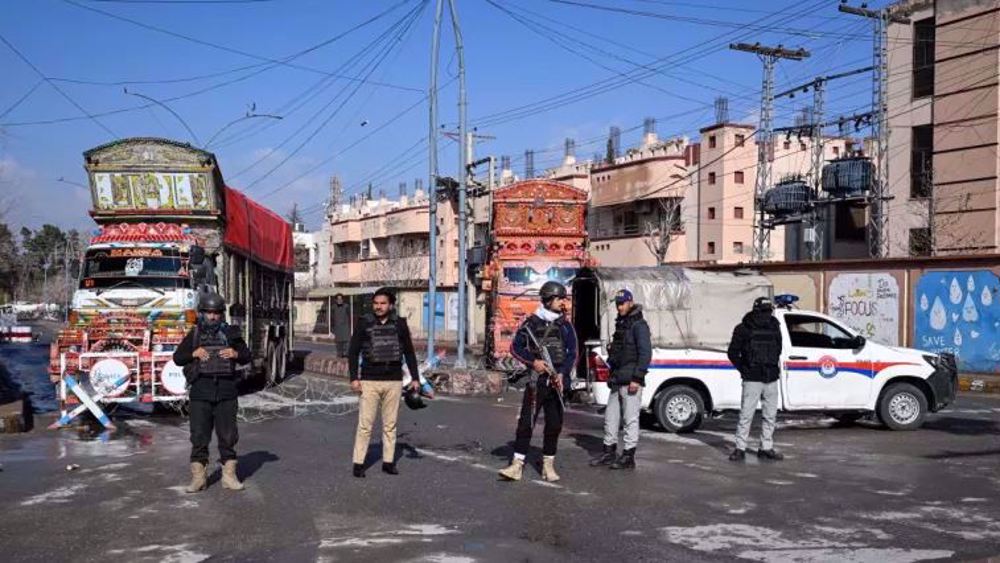



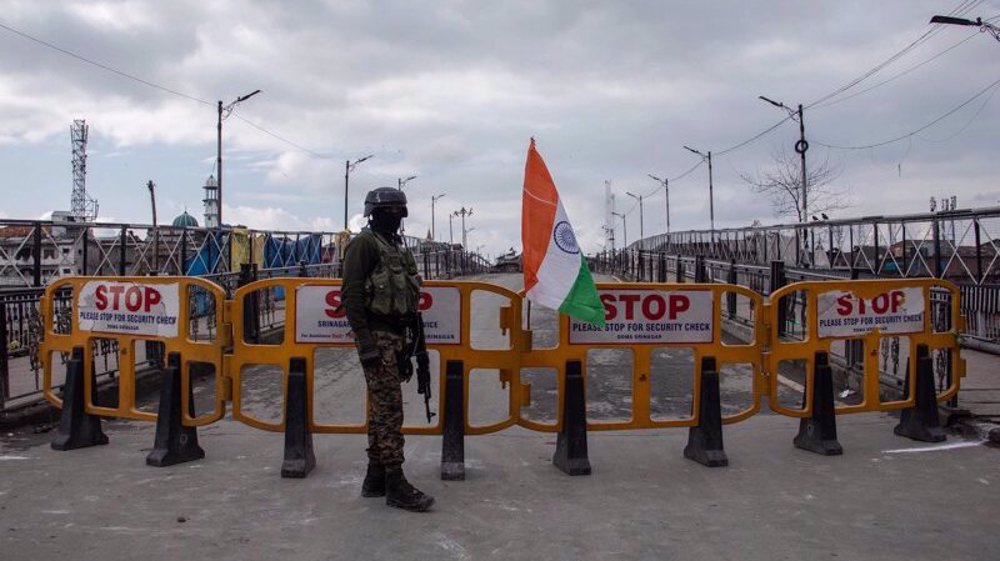
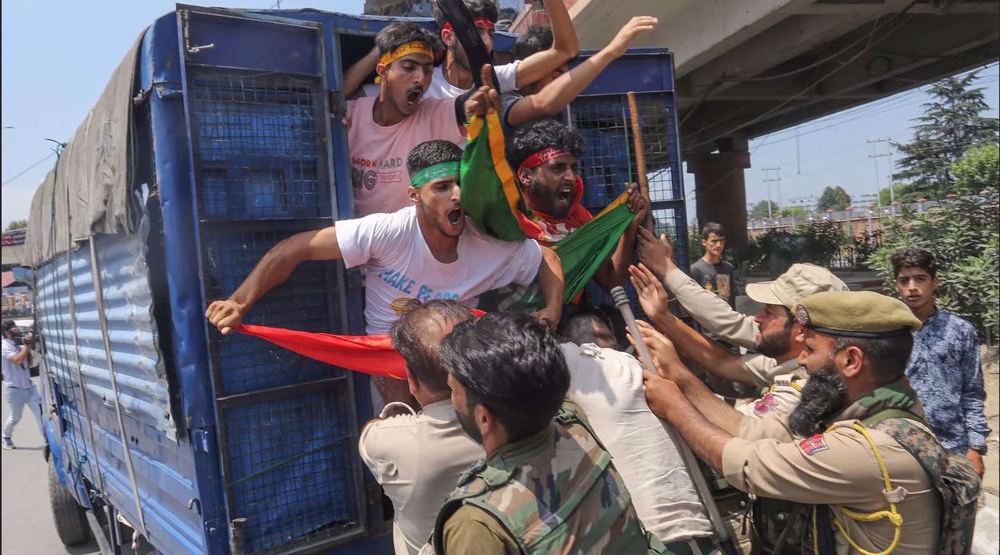
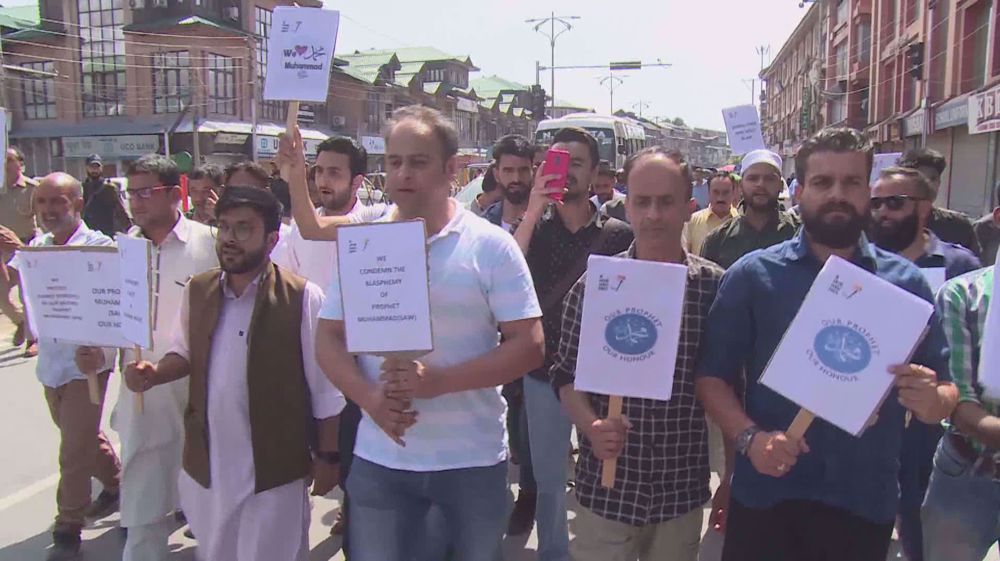
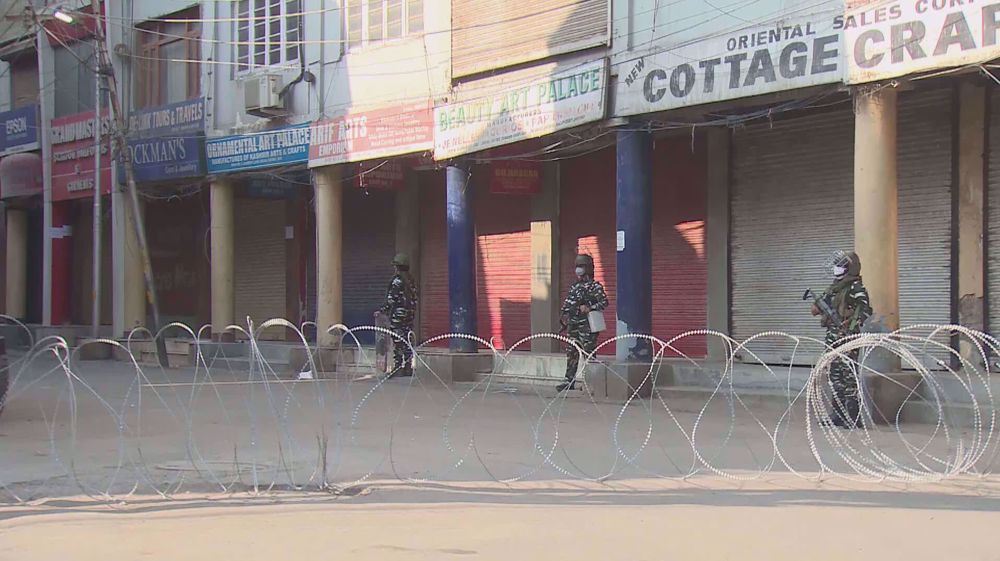
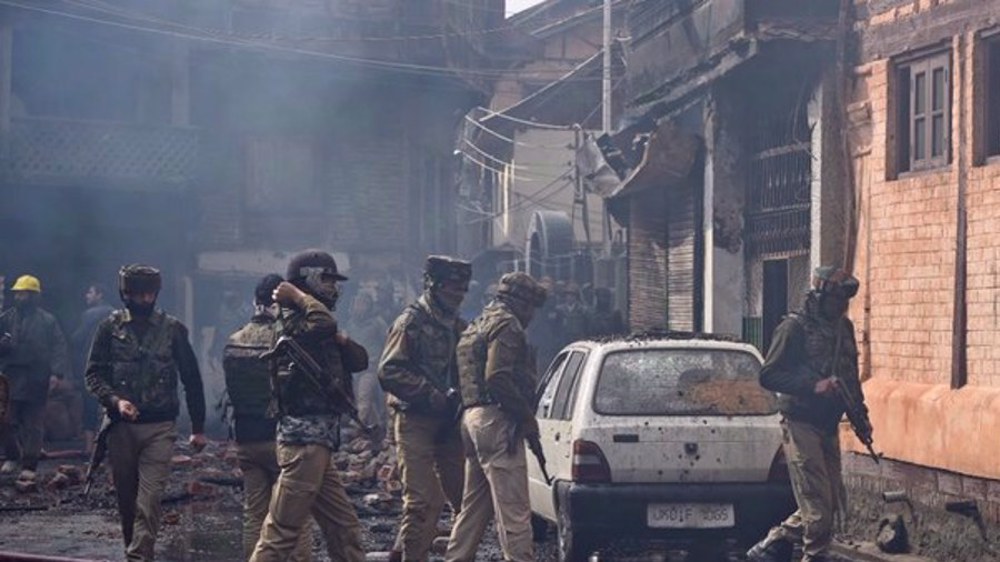
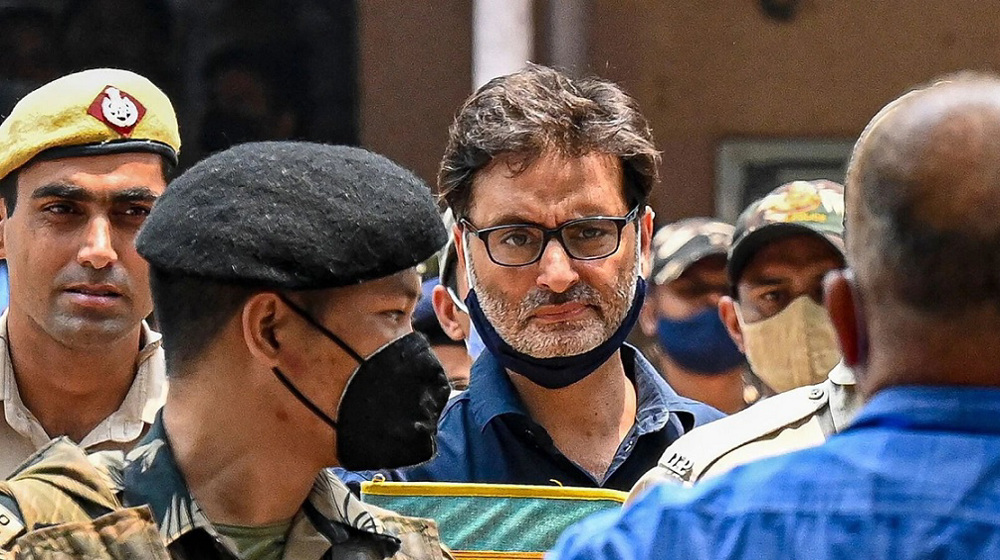
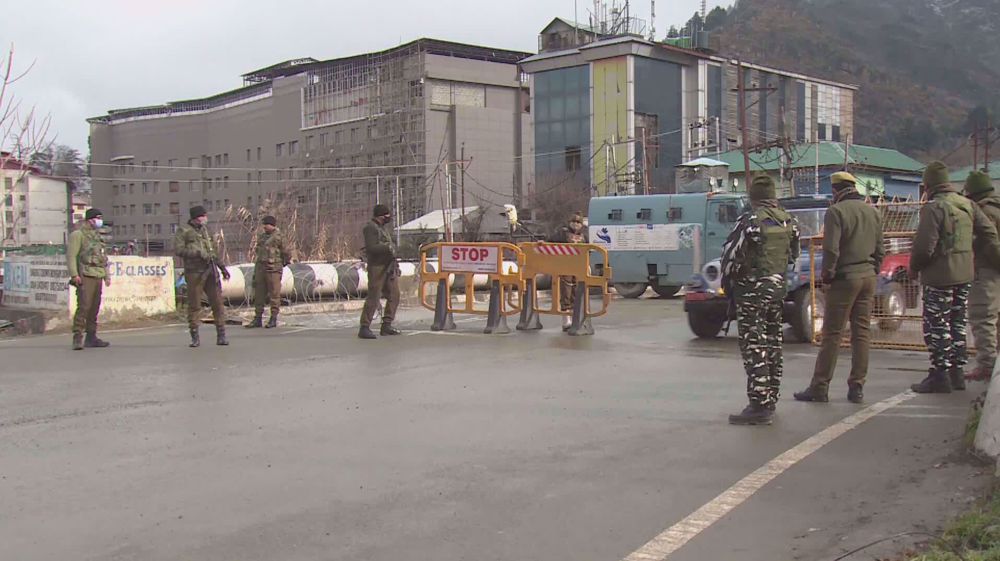

 This makes it easy to access the Press TV website
This makes it easy to access the Press TV website